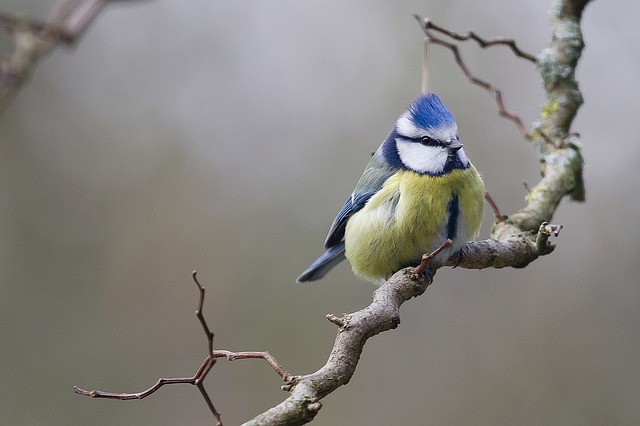Choosing the Right Bird Seeds
Do you have wild birds in your garden? Bird seed is a popular option for feeding them but it isn’t always easy to know how type to offer. Bird seeds can vary quite a lot in terms of ingredients, which can impact on the type of birds that will ultimately be attracted to your garden.
Prioritise the Birds That Already Visit
People often choose bird seeds in the hope of attracting birds that do not currently visit their garden but it’s better to focus on encouraging those that already come to you. If they have a regular incentive to visit your garden because there is food that they like, it can have a knock on effect in piquing the interest of other birds. Once you have been able to attract a wider range of birds, you can expand your offerings to cater for both the newcomers and the regulars.
Offering seed that fails to tempt new birds to your garden will lead to spoiled seed (if it is not to the liking of birds already visiting you), which can lead to a buildup of bacteria. Any birds that do then come across it could become ill so it is much better to stick to the type of seeds that are likely to be enjoyed by birds that you already have in your garden.
Popular Bird Seeds and Who Will Eat Them
Ever wondered why there are so many different bird seeds and mixtures available? It’s because different breeds usually have their own preferences, and what attracts one particular type of wild bird will often be completely ignored by lots of the others. You can choose to stick to individual varieties that are popular with a wide range of birds or go for a combination mixture that includes several seeds.
A lot will depend on the type of wild birds that you know to currently be frequenting your garden but you may choose some of the following options based on that:
Sunflower Seeds: Many types of wild bird species enjoy sunflower seeds including blue tits, great tits, chaffinches, goldfinches, greenfinches, starlings, house sparrows and collared doves. Most birds will prefer no mess varieties. Black sunflower seeds are a good option for blue tits, chaffinches, goldfinches, great tits, greenfinches, house sparrows and robins and are generally less expensive than sunflower hearts (especially if you do manage to attract a good number of birds to your garden).
Sunflower Hearts: These tend to be more expensive than sunflower seeds but they are popular with blue tits, great tits and long tailed tits, chaffinches, goldfinches, greenfinches, house sparrows, robins, blackbirds, starlings and collared doves.
Peanuts: Not all birds like peanuts but they are well received by tits and nuthatches.
Niger (also known as Njer): Goldfinches, greenfinches and siskins are all fans of this seed.
Seed Mixes: As well as individual seeds, you’ll find a range of seed mixes on the market. These may contain the popular sunflower seeds and sunflower hearts and in some cases, they can also include nuts, dried fruit and mealworms. Some seed mixes are specifically put together to appeal to certain types of bird, which can be useful if you have certain breeds visiting on a regular basis but can limit the potential for attracting a wider range of birds. Bear in mind that the non premium mixes are likely to contain husked sunflower seeds, which are not very well suited for some birds.
Choosing Quality Bird Seeds
Getting the right kind of bird seeds is only part of the story; you’ll also want to make sure that you are only offering high quality bird seed that will be good nutrition for your visitors and increase your chances of attracting a wider range of species to your garden. The combination of seeds in a mix can be a good indication of its quality as some are primarily used to “bulk out” seed mixes but are not big favourites for many species. Seed mixes that contain sunflower hearts and/or black sunflower seeds are mostly (but not always) good quality options. Cheap seed mixes are also far less likely to be nutritionally balanced for birds and won’t provide a much needed source of fat.
